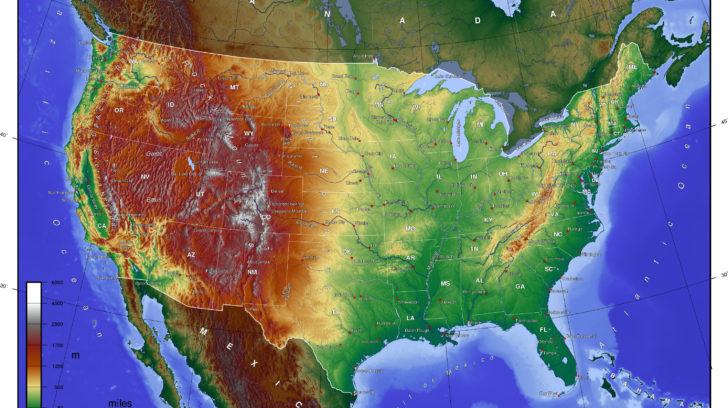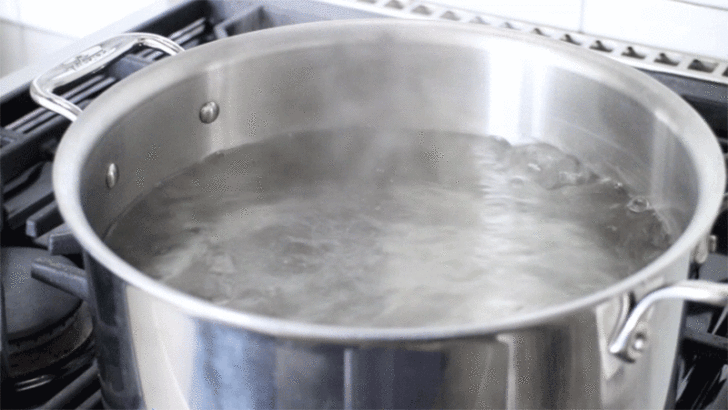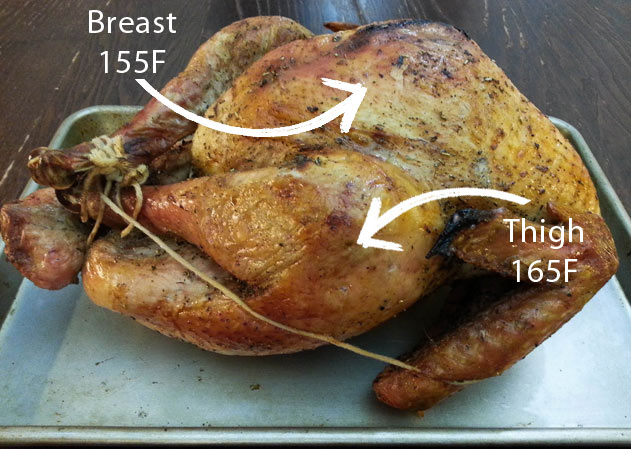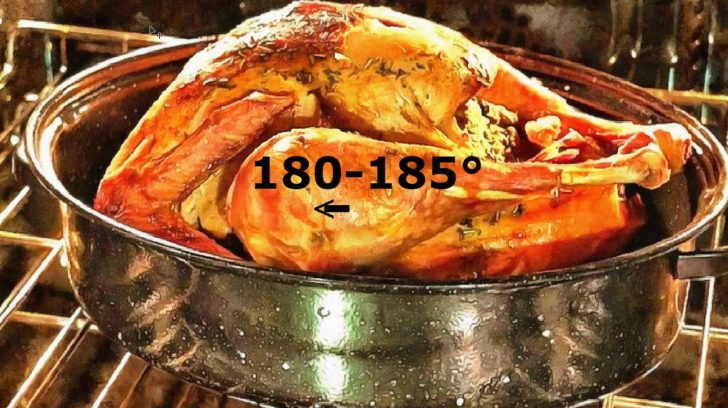Thanksgiving Preparation and Elevation
Special Stories
27 Nov 2019 1:00 AM
It’s estimated that nearly 46 million turkeys are eaten each Thanksgiving in the United States. Turkey is the staple of the feast but it may take longer to cook your bird at higher altitudes. Cooking a turkey Denver, Colorado may take a little longer than one cooked Miami Florida because of the difference in elevation above sea level. As you go up in elevation, the air thins and there is less oxygen and atmospheric pressure which affects most everything you cook.
 At sea level water boils and turns into steam at 212°F but water will boil at lower temperatures at higher elevations.
Boiling Points at elevation
Sea level = 212°
2,000’ = 208°
5,000’ = 203°
7,500’ = 198°
10,000’ = 194°
At sea level water boils and turns into steam at 212°F but water will boil at lower temperatures at higher elevations.
Boiling Points at elevation
Sea level = 212°
2,000’ = 208°
5,000’ = 203°
7,500’ = 198°
10,000’ = 194°
 Altitude will have a larger effect on baking and boiling foods than on roasting but you may have to roast that turkey a little longer at higher elevations. Adjusting roasting time at higher elevations can be a bit tricky and a meat thermometer is always a good idea. At lower elevations, a temperature in the thickest part of the thigh of at least 165°F should indicate a done turkey.
Altitude will have a larger effect on baking and boiling foods than on roasting but you may have to roast that turkey a little longer at higher elevations. Adjusting roasting time at higher elevations can be a bit tricky and a meat thermometer is always a good idea. At lower elevations, a temperature in the thickest part of the thigh of at least 165°F should indicate a done turkey.
 At elevations say above 4000 feet, you may need to add add approximately 5-10 minutes per pound to recommended roasting time @ 325°F. Use a meat thermometer to check doneness. A temperature of 180-185° in the thickest part of a thigh for a whole turkey should indicate a fully cooked bird at higher elevations.
At elevations say above 4000 feet, you may need to add add approximately 5-10 minutes per pound to recommended roasting time @ 325°F. Use a meat thermometer to check doneness. A temperature of 180-185° in the thickest part of a thigh for a whole turkey should indicate a fully cooked bird at higher elevations.
 Checking the temperature often near the end of the cooking time will help in pinpoint when it is ready to eat. Another thing to consider is that at higher elevations many times the air is much drier. Account for evaporation and keep that bird basted. Happy Thanksgiving to all from sea to shining sea.
Checking the temperature often near the end of the cooking time will help in pinpoint when it is ready to eat. Another thing to consider is that at higher elevations many times the air is much drier. Account for evaporation and keep that bird basted. Happy Thanksgiving to all from sea to shining sea.
 At sea level water boils and turns into steam at 212°F but water will boil at lower temperatures at higher elevations.
Boiling Points at elevation
Sea level = 212°
2,000’ = 208°
5,000’ = 203°
7,500’ = 198°
10,000’ = 194°
At sea level water boils and turns into steam at 212°F but water will boil at lower temperatures at higher elevations.
Boiling Points at elevation
Sea level = 212°
2,000’ = 208°
5,000’ = 203°
7,500’ = 198°
10,000’ = 194°
 Altitude will have a larger effect on baking and boiling foods than on roasting but you may have to roast that turkey a little longer at higher elevations. Adjusting roasting time at higher elevations can be a bit tricky and a meat thermometer is always a good idea. At lower elevations, a temperature in the thickest part of the thigh of at least 165°F should indicate a done turkey.
Altitude will have a larger effect on baking and boiling foods than on roasting but you may have to roast that turkey a little longer at higher elevations. Adjusting roasting time at higher elevations can be a bit tricky and a meat thermometer is always a good idea. At lower elevations, a temperature in the thickest part of the thigh of at least 165°F should indicate a done turkey.
 At elevations say above 4000 feet, you may need to add add approximately 5-10 minutes per pound to recommended roasting time @ 325°F. Use a meat thermometer to check doneness. A temperature of 180-185° in the thickest part of a thigh for a whole turkey should indicate a fully cooked bird at higher elevations.
At elevations say above 4000 feet, you may need to add add approximately 5-10 minutes per pound to recommended roasting time @ 325°F. Use a meat thermometer to check doneness. A temperature of 180-185° in the thickest part of a thigh for a whole turkey should indicate a fully cooked bird at higher elevations.
 Checking the temperature often near the end of the cooking time will help in pinpoint when it is ready to eat. Another thing to consider is that at higher elevations many times the air is much drier. Account for evaporation and keep that bird basted. Happy Thanksgiving to all from sea to shining sea.
Checking the temperature often near the end of the cooking time will help in pinpoint when it is ready to eat. Another thing to consider is that at higher elevations many times the air is much drier. Account for evaporation and keep that bird basted. Happy Thanksgiving to all from sea to shining sea.
All Weather News
More